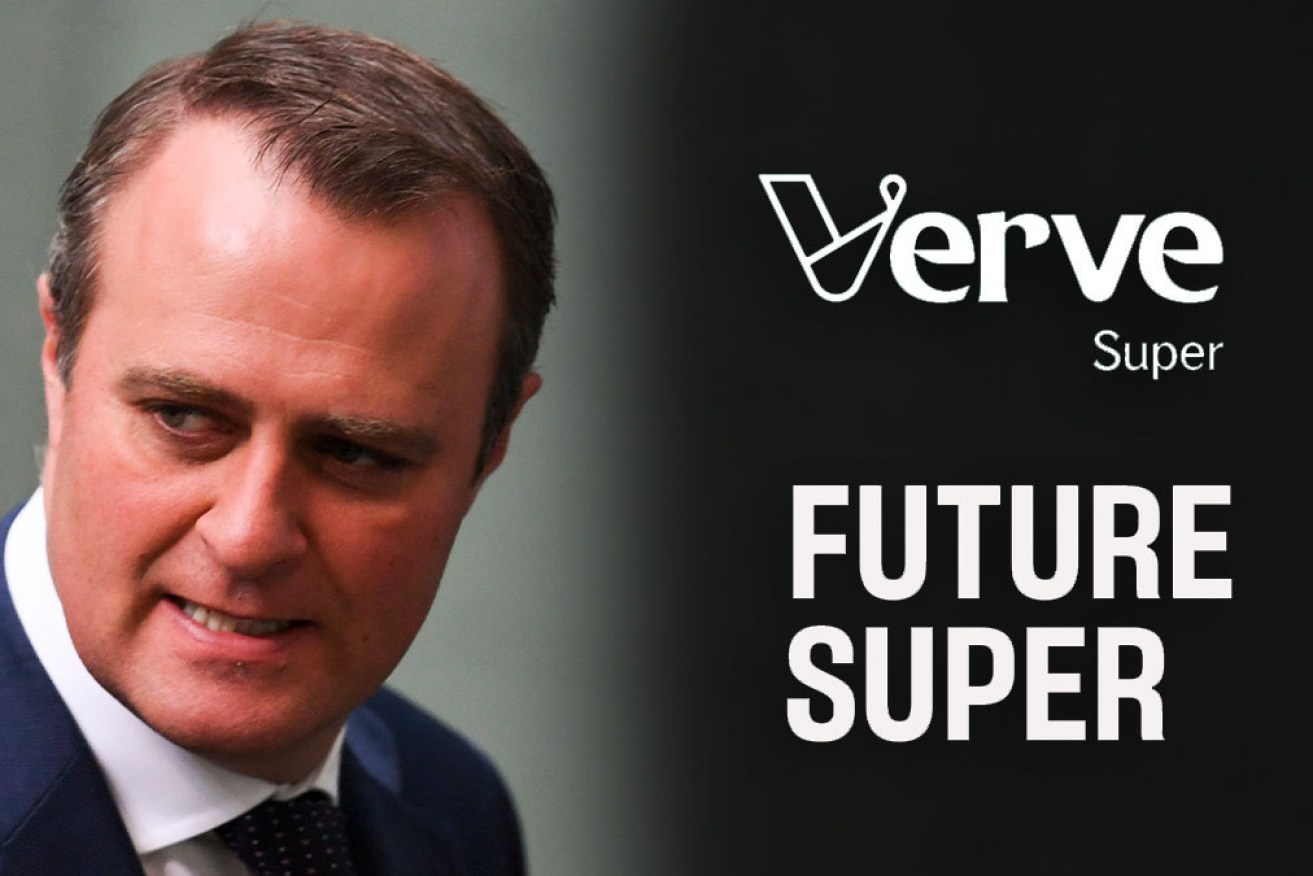Small super funds cop flak for investing in expensive ETFs


Tim Wilson's economics committee grilled Verve and Future Super. Photo: TND
Verve Super and Future Super have copped flak for investing the majority of their members’ money in exchange-traded funds (ETF) that don’t meet their social aims and charge high fees, the House of Representatives Standing Committee on Economics has heard.
The small superannuation funds responded by saying they had vetted the ETF investments and pressured them to change their strategies.
Committee deputy chair and Labor MP Andrew Leigh made the claims while questioning Verve Super CEO Christina Hobbs and Future Super governance chief Fahmi Hosain.
Verve is a super fund dedicated to women that also provides financial and divorce coaching, while Future is an ethical super fund eschewing carbon pollution.
Committee chair Tim Wilson accused Future Super of hypocrisy for investing in Cleanaway Waste Management, which had been called out for unconscionable conduct by the ACCC despite its ethical charter.
More form than substance
Dr Leigh said although the funds put themselves forward as addressing specific needs for members, “it seems to me like a high-cost promotion out there” selling points of difference.
“Future and Verve have got 70 per cent of their funds in three ETFs while their websites promote [action against] climate change and ‘for women by women’,” Dr Leigh said.
Not only do the ETFs not directly address the key social issues driving the super funds, they cost more than major industry competitors, he said.
The ETFs were run by operator BetaShares, with the ASX ticker codes ETHI, FAIR and GBND.
“I asked them why they think [BetaShare’s] ETHI with a fee of 0.59 per cent is a better deal for their members than VESG [run by Vanguard] with a fee of 0.18 per cent,” Dr Leigh told The New Daily.
The funds rejected Dr Leigh’s claims, with Verve CEO Christina Hobbs saying her fund’s performance was superior to many in the market, which ultimately was what determined the benefits to members.
“We’ve only been around for two years and we were the sixth top-performing balanced fund last year,” she said.
“Before we launched, we looked around and determined Hostplus [a major industry fund] had costs of 1.2 per cent for its ethical option, and we started with 1.19 per cent.”
Although the ETFs Verve and Future chose had higher costs than the low-cost Vanguard option, this can be explained by the nature of the funds.
The Vanguard product to which Dr Leigh referred is essentially an index fund that automatically follows the market index without extra research input.
Verve and Future use ETFs with investment screens, where managers must research each investment to make sure it complies with its criteria.

Verve Super coaches women on their finances. Photo: Getty
“We decided not to offer an index-based product because we thought that would produce a better result for our members,” Ms Hobbs said.
“We are now looking at introducing an index-based product for those that want it.”
The BetaShares products chosen by the two funds had filters that blocked investment in areas like fossil fuels and weapons. However, Future Super did not rely on these filters and did its own research.
“The investment into ETFs is part of our strategy … but we have also innovated in this area. We are essentially active managers of these ETFs, because we constantly look at the underlying assets and they have to meet our screens,” Mr Fahmi said.
“So, it’s not a passive investment.”

Researching investments costs money. Source:Getty
Although BetaShares’ ETFs initially did not screen for some of the demands the two smaller funds were making, they have since managed to influence the ETFs’ investment criteria.
“Initially we wrote to companies the BetaShares ETFs [had] invested in asking if they had at least one woman on the board,” Ms Hobbs said.
Now BetaShares is asking the question and “we seem to have had an influence.”
Not all about ETFs
Although 70 per cent of the two funds’ assets were in three ETFs, the funds said they conducted considerable research into investments elsewhere.
“Verve has $120 million under management and 114 investments outside the ETFs,” Ms Hobbs said.
Future super has $1 billion under management after six years in business
Chant West research director Ian Fryer said although the average cost level for an industry fund was around 1 per cent of assets, impact investors like Verve and Future would have higher costs.
“It’s going to cost more because they need to vet investments and do it well, and that means more research,” Mr Fryer said.
“Even if they go into ETFs, which are cheap, they are probably going to have to go into smaller ones that meet their conditions, and that means they will have less funds under management to spread costs over.
“Ultimately super is a scale game and these smaller funds will need to ramp up membership to stack up financially.”
The New Daily is owned by Industry Super Holdings









